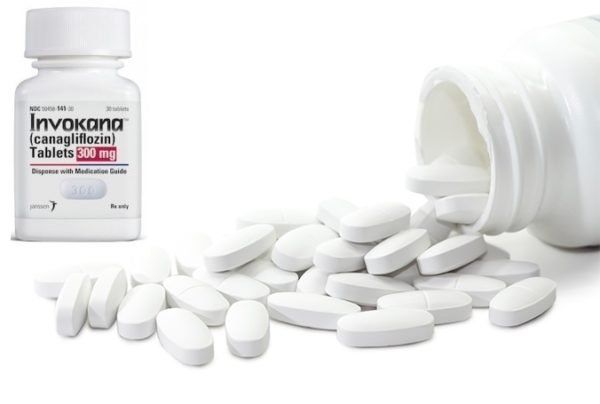Stages of Diabetic Kidney disease:
Diabetic nephropathy is divided into five stages:- The first stage is Hyperfiltration
- The incipient stage follows the stage of hyperfiltration
- The stage of microalbuminuria: This is the most important stage as most patients who develop kidney disease are picked up at this stage. It is characterized by albumin to creatinine ratio of 30 to 300 mg/day
The "BAD NEWS" at this stage is that the patient has developed diabetic nephropathy.
However, the "GOOD NEWS" is that at this stage, with good glycemic control and the use of ACE inhibitors or ARBS, the kidney disease can be reversed.
- The Stage of Macroalbuminuria characterized by albumin to creatinine ratio of more than 300 mg/ 24 hours. This stage is partially reversible with good glycemic control and the use of ACE inhibitors and ARBs. However, most patients progress to the stage of CKD and ultimately ESRD.
- Stage 5 which is the last stage of diabetic nephropathy is characterized by elevated creatinine and reduction in the glomerular filtration rate. Most patients ultimately require Renal Replacement Therapy.
What is Invokana or Canagliflozin?
Invokana is the brand name of canagliflozin. It is an SGLT2 inhibitor that is used to treat patients with type 2 diabetes mellitus.
It inhibits the sodium and glucose reabsorption from the kidney tubules back into the blood. Thus, reducing the blood or plasma sugar levels.
Because of its unique mechanism of action, it is used as monotherapy or as an add-on therapy to metformin, DPP IV inhibitors, sulfonylureas, and Insulin for optimal glycemic control.
Although, theoretically, it can be used in type 1 Diabetes Mellitus as well. However, it is not recommended for use in type 1 DM patients until now because of the risk of euglycemic diabetic ketoacidosis.
Invokana (canagliflozin) reduces mortality and progression to ESRD by 30%!
The CREDENCE (Canagliflozin and Renal Events in Diabetes with Established Nephropathy Clinical Evaluation) trial evaluated the role of canagliflozin in patients with established Renal disease.
Patients who had an estimated GFR of 30 to 90 ml/min and albuminuria were enrolled in this study. Patients were given either placebo or canagliflozin in addition to standard treatment.
More than 4000 patients were enrolled in the study. The CREDENCE trial was stopped early because the benefits seen with canagliflozin were enormous. There was a 30% reduction in the primary endpoints compared to placebo.
The primary endpoints were:-
- Progression to end-stage renal disease defined as the need for a kidney transplant or hemodialysis
- Doubling of the creatinine from baseline
- Death due to cardiovascular or Renal cause.
What are the side effects of Invokana/ Canagliflozin?
Like all other SGLT 2 inhibitors (dapagliflozin and empagliflozin), canagliflozin is associated with the following side effects:- It increases the risk of Genital Infections, some of which may be very serious. Serious genital infections include Fournier's gangrene and necrotizing fasciitis.
- Dehydration: Since the SGLT2 inhibitors inhibit the reabsorption of sodium and glucose from the renal tubules, more glucose and sodium is lost in the urine. This leads to osmotic diuresis and dehydration.
- Euglycemic ketoacidosis: Ketoacidosis is a serious acute complication of diabetes mellitus. Most of the patients who develop ketoacidosis are insulin deficient and have high blood sugars. Patients using SGLT2 inhibitors can develop ketoacidosis despite normal blood sugars.
- Acute Renal Failure: Since Invokana may lead to volume loss and dehydration, it may result in renal failure. Patients who are at risk of developing acute renal failure should not be prescribed this medicine.
- Bone Fractures: The CANVAS trial that evaluated the safety of canagliflozin in cardiac patients noted an increased risk of fractures in the canagliflozin group. Although, the CREDENCE trial did not show an increased risk of bone fractures with the use of canagliflozin, "the US Boxed Warning" still emphasizes caution in this regard.




